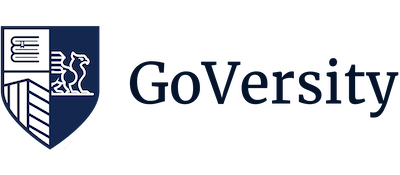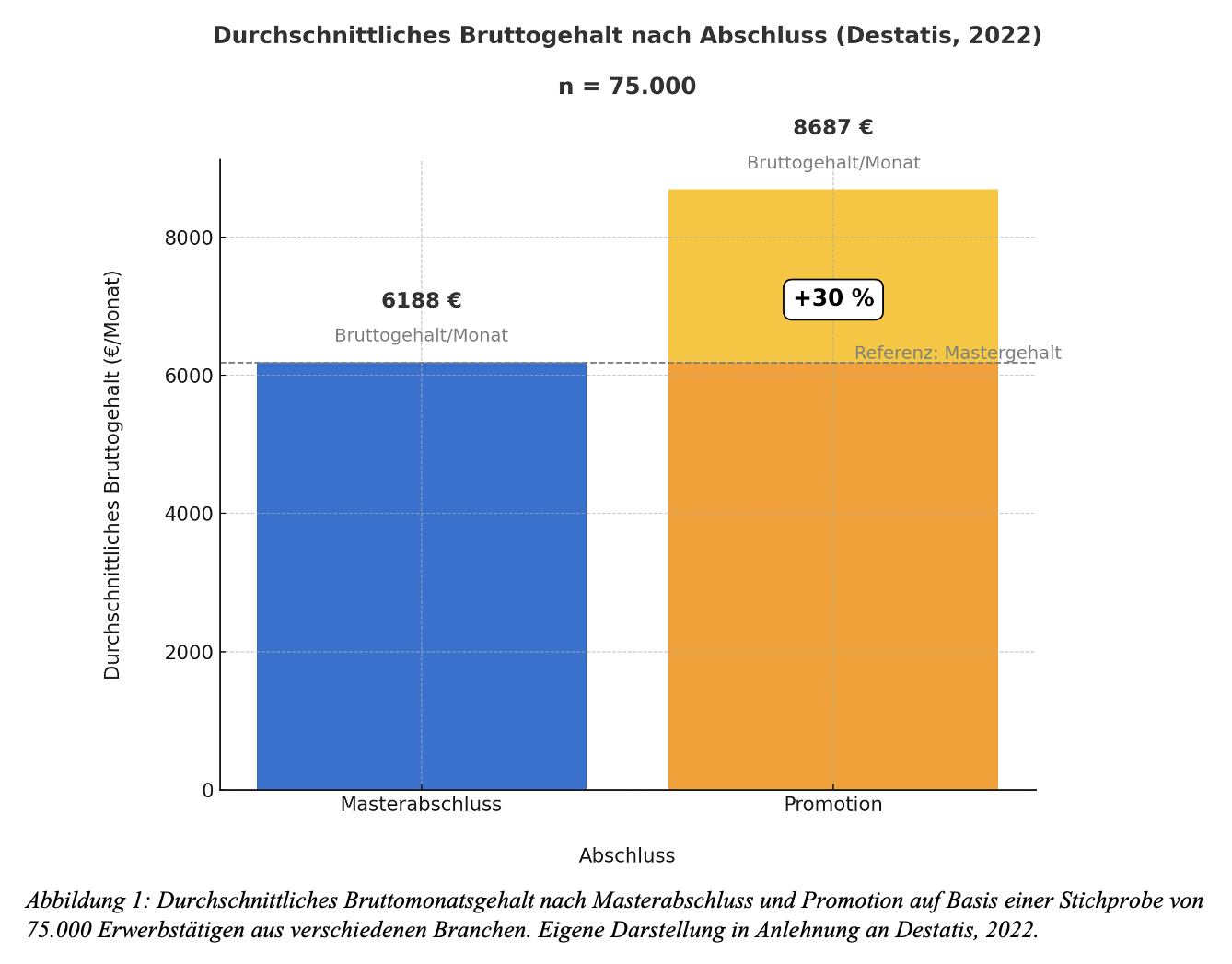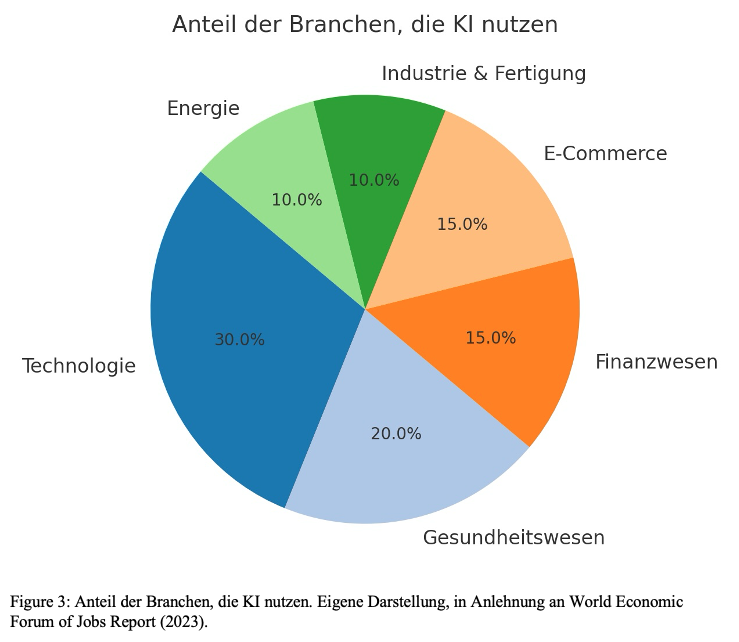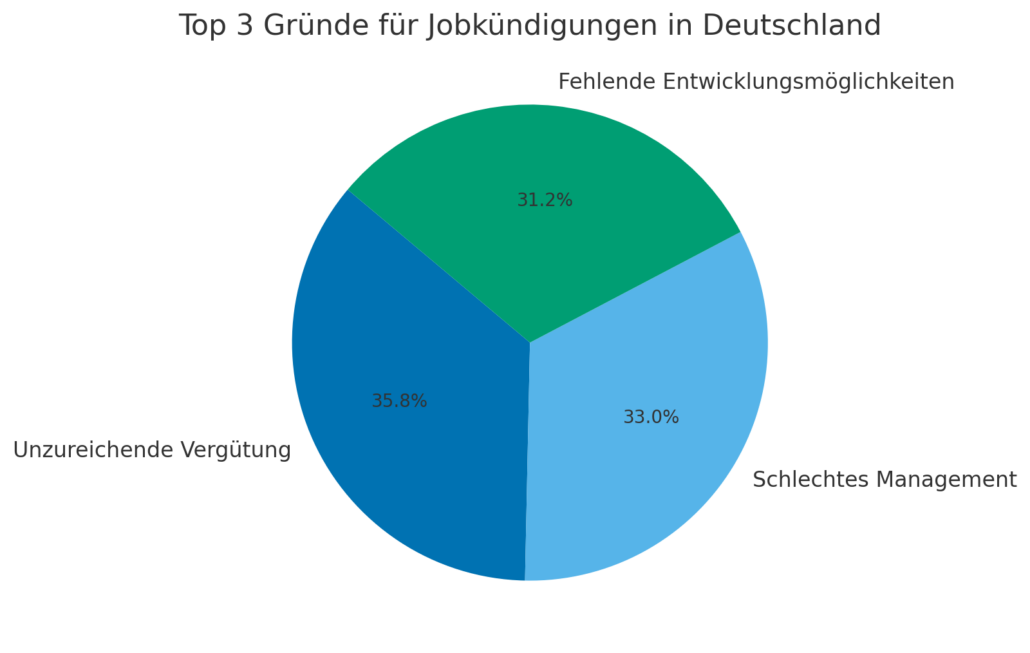The world of data is growing rapidly and companies are desperately looking for specialists in data science and artificial intelligence (AI). But what if you don’t have a first degree in computer science or come from a different professional field? Is a lateral entry into the tech industry even possible?
The answer is: Yes!
Whether you have a background in economics, social sciences or a completely different field – there are many ways to successfully gain a foothold in data science & AI. In this article, you will find out which skills are really in demand in the tech industry, how you can acquire the necessary knowledge and which first steps will get you into the world of data.
The need for data scientists: Why now is the right time for your lateral entry into data science & AI
High demand for skilled workers
The demand for specialists in the field of data science and artificial intelligence (AI) is enormous. According to a study by the industry association Bitkom, around 149,000 vacancies for IT experts in Germany were unfilled in 2024 (sample: 850 companies from the IT and digital economy, Bitkom 2024), as shown in Figure 1:

As you can see here, this means an increase of 12,000 unfilled jobs in the IT sector. And that in just one year!
Wide range of applications
Data Science & AI are in demand in almost every industry – and therefore also open up new career opportunities for career changers without a computer science degree.
Here are a few examples:
- Healthcare: With the help of AI-supported data analysis, doctors can recognize complex medical patterns and make more accurate diagnoses. One well-known example is the use of machine learning in cancer research to identify tumors at an early stage using image data.
- Finance: Banks and insurance companies use data science to analyze customer behaviour, better assess risks and detect attempted fraud at an early stage. For example, a bank can automatically detect credit card fraud based on transaction patterns.
- E-commerce: Online stores such as Amazon or Zalando use AI-based recommendation systems to analyze purchasing behavior and make personalized product recommendations – this increases sales and improves the customer experience.
- Social sciences: Researchers use big data to better understand social trends, e.g. how opinions spread in social networks or which factors lead to certain political decisions.
- Education sector: Learning platforms rely on AI-supported adaptive learning systems that analyze the progress of students and adapt the learning material individually – so everyone receives exactly the support they need.
And that’s just a small selection of all the different areas of application! This diversity offers career changers without a technical background the opportunity to apply their existing knowledge in new contexts – and thus successfully make a start in the tech industry.
Who is suitable for lateral entry in Data Science & AI?
A lateral entry into data science and artificial intelligence (AI) is possible for people from a wide range of disciplines. More important than the original course of study or training are certain skills and characteristics that are crucial for working with data and algorithms.
Typical backgrounds of lateral entrants
- Natural sciences and engineering: People from physics, mathematics, biology or mechanical engineering have analytical thinking skills and are used to dealing with large amounts of data – be it in laboratory data analysis or the simulation of technical processes.
- Economics: Those with a background in business administration, economics or controlling often have experience with statistics and data analysis. This knowledge is valuable for market analyses to predict purchasing behavior or for risk management to evaluate investments based on data.
- Social sciences and psychology: A deep understanding of human behavior is particularly useful for user experience (UX) analyses and market research. Data science helps to identify patterns in surveys or develop AI models for behavioral predictions.
- Creative professions and marketing: Experience with content analysis and target group understanding can be used for A/B tests in advertising or for AI-supported image recognition, for example for the automated categorization of content.
- Journalists and linguists: a feel for language and text comprehension are essential for natural language processing (NLP). They optimize AI models for text recognition, machine translations and automated summaries.
Important features for getting started
- Curiosity and a willingness to learn: data science and AI are developing rapidly – those who continuously develop their skills will remain competitive. If you have never programmed before, you can start with Python or SQL and recognize data patterns with tools such as Power BI or Tableau.
- Analytical thinking: The ability to structure data and recognize patterns helps with data-based decisions. In marketing, for example, an analysis can show that certain regions react particularly well to a campaign, allowing strategies to be adapted in a targeted manner.
- Ability to work in a team: Data scientists work together with developers, analysts and specialist departments. Those who can communicate complex data in an understandable way help to develop data-based solutions – for example, when declining orders are identified early on and optimized together with the sales department.
- Problem-solving orientation: Data science requires creative thinking in order to find data-driven solutions. For example, an AI analysis in e-commerce can show that high shipping costs cause shopping cart abandonment, whereupon an adapted shipping model is tested.
Opportunities and advantages of a lateral entry into data science & AI
Data science is a career changer field
According to a recent Stack Overflow study (2023), almost 50% of data scientists do not have a traditional IT or computer science background (sample: 90,000 developers and IT experts surveyed worldwide, Stack Overflow Developer Survey 2023). This is visualized in Figure 2:
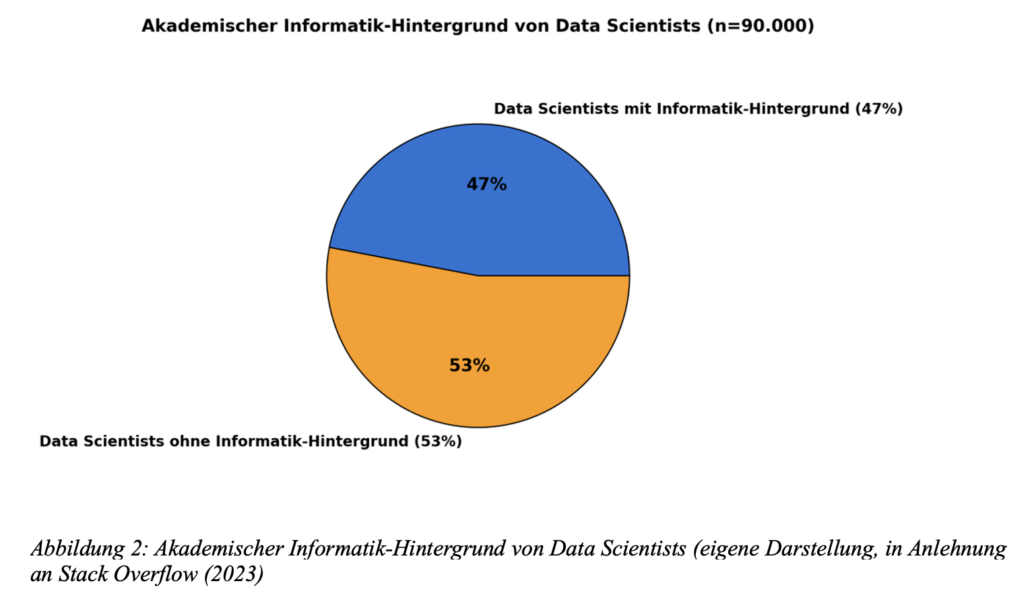
This shows that a successful entry into data science & AI is also possible without a technical degree. Many experts come from completely different fields and have acquired the necessary skills through postgraduate studies, further training or professional practice.
High salary and career prospects
Data scientists are among the best-paid specialists – high demand and limited supply lead to attractive salaries and career opportunities. According to the StepStone Salary Report (2024 ), the average annual salary of a data scientist in Germany is between 65,000 and 85,000 euros gross (sample: 12,000 data scientists and IT experts surveyed).

Figure 3 also shows that even more than €100,000 is possible in managerial positions(StepStone Salary Report 2024). Data scientists are more in demand than ever, especially in data-driven industries such as finance, healthcare and e-commerce.
Fears when starting a career change – and how to overcome them
A lateral move into the tech industry is a big step, and it’s completely normal to have certain fears. But these shouldn’t stop you from seizing this opportunity – after all, you’ve already seen the benefits and prospects that data science & AI offer, and others have done it too. Watch the inspiring career of a GoVersity mentor, career changer and current tech CEO on our YouTube channel. Watch the video here.
1. fear of math
Many people fear that their math skills are not sufficient for data science and AI. However, it is sufficient to focus on statistics and linear algebra – in-depth knowledge of mathematics is often not required. Most data science applications are based on standardized methods that are well documented and easy to learn in practice.
Practical example: Alex, a former marketing specialist, was terrified of numbers. But after three months of online courses on statistics, he was able to easily create his own data models and analyze patterns in marketing campaigns.
2. no programming experience
A widespread misconception: you have to have years of coding experience. However, Python and SQL are particularly beginner-friendly and can be learned in just a few months. Many newcomers start with simple data analyses and gradually work their way up to more complex models.
Tip: Start with practical projects, e.g. analyzing your Spotify playlist or evaluating your calorie consumption with Python. Simple web scraping projects or data visualizations are also a good place to start.
3. no university, no chance?
Many people think that you can’t get started without a computer science degree – but in practice, practical projects, experience and a strong portfolio count for more than a formal degree. Employers often look to see if someone can solve problems independently and make data-based decisions. Bootcamps, certificate courses and open source projects can be valuable alternatives to a tech degree.
Tip: If you already have a Bachelor’s degree in your pocket, a Master’s in Data Science and AI is a sure way to open doors in the tech industry, even without a technical first degree!
Roadmap for successful lateral entry into data science & AI
Want to get started? This roadmap shows you which skills you should build up and how you can acquire the practical knowledge you need for your career change into the tech industry.
1. Learn the basics of mathematics & statistics
A solid understanding of statistics and linear algebra is essential. Free learning platforms such as YouTube, Udacity or Coursera offer practical courses to help you learn the most important concepts.
2. Master Python & SQL in 3 months
Programming languages such as Python and SQL are the basis for data science. A tried and tested method is the “100 Days of Code” challenge, which allows you to practice every day.
3. Implementing the first machine learning project
Practical experience is the key to success. Start with a simple machine learning project, e.g. a movie recommendation system, to better understand data analysis, model training and algorithms.
4. create a portfolio on GitHub
Employers pay particular attention to practical projects. Document your projects on GitHub to make your skills visible and impress potential employers.
5. consider a part-time Master’s degree in Data Science
Although an academic degree is not absolutely necessary, it is usually a solid competitive advantage. Make sure that your degree course integrates practical projects so that you can apply your knowledge directly, so that you stand out even more from others and can impress employers even more!
Start your career in Data Science & AI now!
A career change into Data Science & AI is not only possible, it also offers you exceptional career opportunities in one of the most sought-after industries of the future. You have seen how diverse your options are and how many successful career changers have already made it. Now it’s up to you: Take a moment and ask yourself where you could be in a year’s time if you took the first step today.
Maybe you want to start with a small project to find out how much you enjoy programming and data analysis. Or you might want to build up your portfolio in order to prepare yourself optimally for your dream job.
And if you realize that you are ready to deepen your knowledge even further, a part-time Master’s degree program in Data Science & AI could be just the thing for you – a decision that will actively shape your career and open new doors for you.
Sounds exciting? Find out at one of of our info sessions to find out how GoVersity can accompany you on your individual path. No matter where you are today – together we will take your next step towards a future that you determine yourself.
Because one thing is certain: the perfect time to get started is now!

Part-time Master in Data Science & AI in just 18 months!
